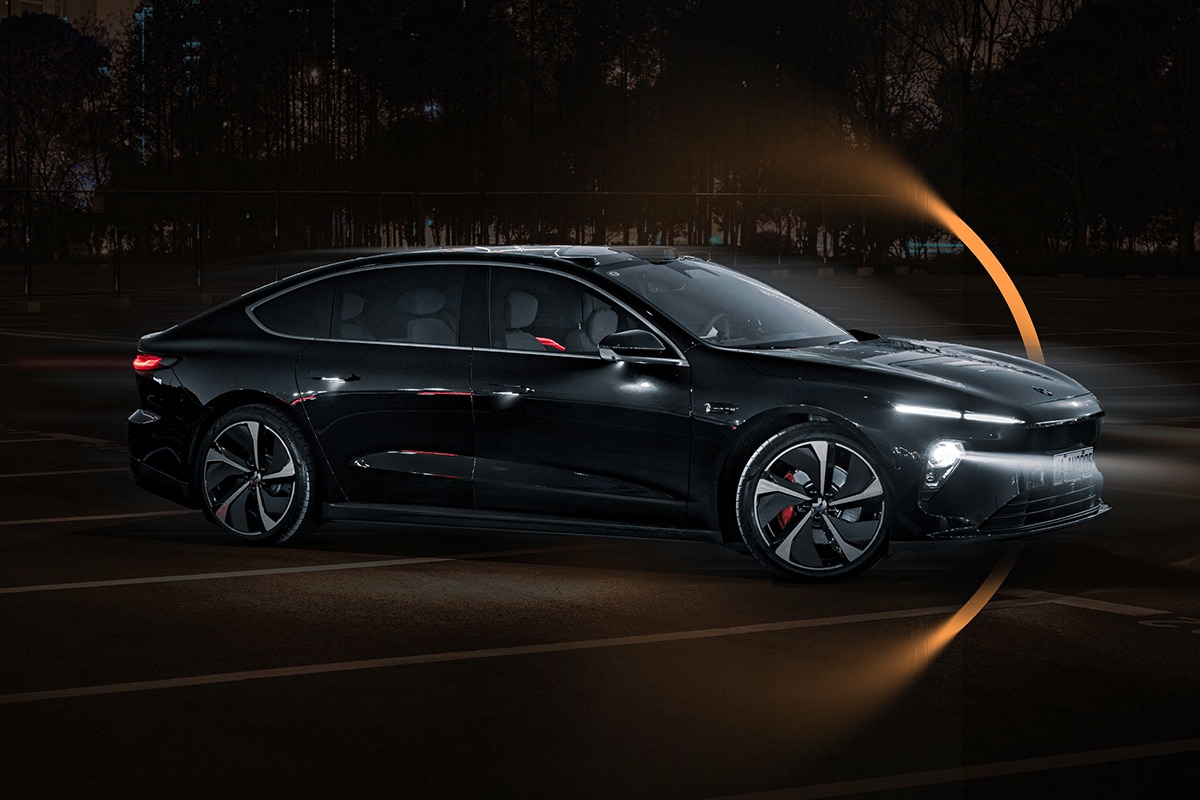Car buyers in Saudi Arabia and the UAE show trust levels above 70 per cent for Chinese automotive brands—more than double the confidence seen in the United States—establishing the Gulf region as China’s most promising export market, report finds.
According to new research from media intelligence firm CARMA, more than half of car owners in Saudi Arabia and the UAE reported comprehensive knowledge of Chinese car brands, significantly outpacing awareness levels in Western markets.
Saudi Arabia led global markets with 79 per cent of respondents expressing positive sentiment toward Chinese vehicles, while both Middle Eastern nations showed trust levels exceeding 70 per cent.
The findings highlight a striking regional divide in attitudes toward Chinese automotive manufacturers. While Middle Eastern consumers embrace Chinese brands, only 42 per cent of US consumers expressed a positive sentiment, with American respondents showing the highest levels of skepticism globally.
“There is a clear correlation between familiarity and positive sentiment, and positive sentiment and the level of trust,” Maria Talakina, the report’s author and Audience Insights Director at CARMA, stated.
“For Chinese brands, it means one thing – the more familiar people are with what Chinese brands have to offer, the more open they are towards considering these brands,” she wrote.
The research, which surveyed 250 current car owners and 250 prospective buyers in each market, revealed that technology features ranked among the top priorities for car buyers in both Saudi Arabia and the UAE, aligning with Chinese manufacturers’ perceived strengths.
Chinese brands particularly excelled in perception of technological innovation, with over 70 per cent of respondents in both Middle Eastern markets agreeing that Chinese vehicles feature cutting-edge technology. The brands also scored highly on affordability, though reliability remains a concern even among current Chinese vehicle owners.
The strong Middle Eastern reception comes as Chinese automakers seek to expand their global footprint, with key players like Nio and BYD entering the UAE and Saudi markets in recent years.

Current owners of Chinese vehicles showed significantly higher trust levels, with 91 per cent expressing trust in Chinese brands compared to 58 per cent among non-owners.
However, challenges remain. Even among current Chinese vehicle owners, 54 per cent agreed with the statement that Chinese cars are “less reliable than others,” suggesting manufacturers still need to overcome durability concerns to achieve broader market acceptance.
The research indicated that across all markets, five factors primarily drive car purchase decisions: safety, price, technology, reliability, and fuel economy. Chinese manufacturers appear to have successfully addressed several of these criteria in Middle Eastern markets, particularly on price and technology.
“Building a positive perception, trust and reputation takes time, effort, and continuous evidence that converts into a long-term relationship between an owner and a brand of choice,” the report stated.
The findings suggest Chinese automakers may find their most receptive global audience in the Middle East, where consumers’ enthusiasm for technological features and higher familiarity with Chinese brands could provide a blueprint for expansion into other markets.
The study, part of CARMA’s “Driving Change” series, included surveys across seven markets including Singapore, Hong Kong, Germany, and the UK, focusing on consumer attitudes toward vehicles from various manufacturing regions including the US, Europe, Japan, Korea, and China.









